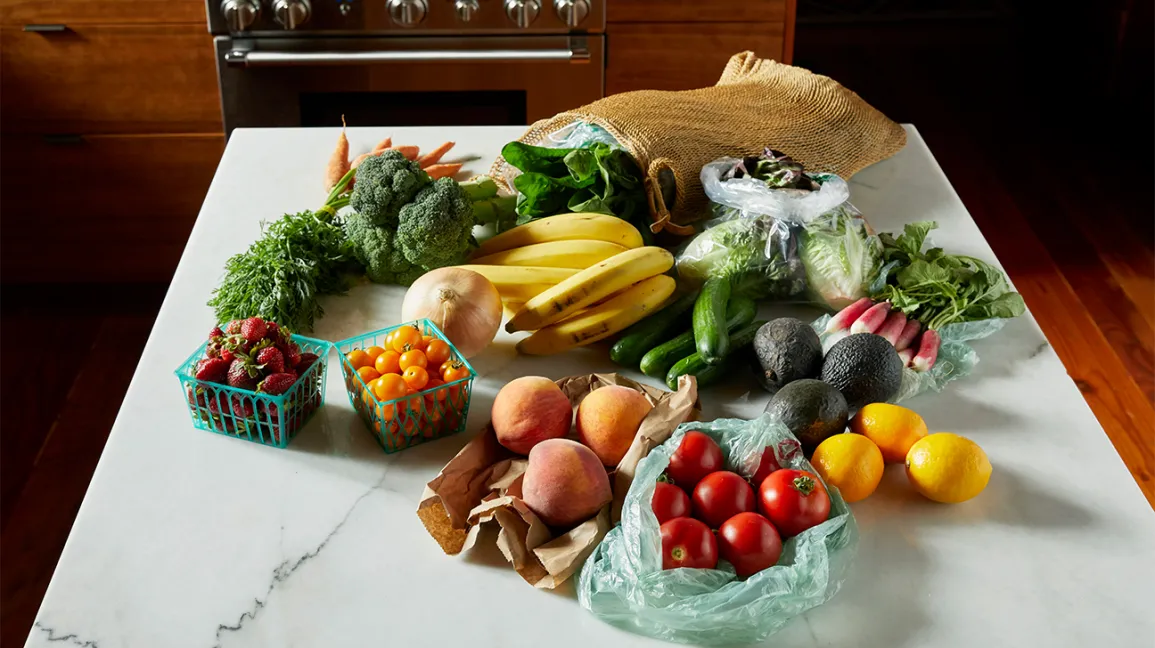Ditch the Caffeine
If you’re aiming to boost your digestion, consider cutting back on coffee. While caffeine is a key ingredient in coffee, it’s not the only concern. Adding too much sugar to your coffee can lead to weight gain and digestive discomfort. Additionally, coffee can trigger heartburn due to increased stomach pressure, especially when consumed hot. Opt for alternatives like herbal teas or simply drink water.
Increase Fiber Intake
Fiber is essential for digestive health. Incorporating fiber-rich foods like fruits, vegetables, whole grains, nuts, beans, and seeds into your diet can keep you feeling full longer and help prevent constipation. Drinking plenty of water also aids in digestion and keeps you hydrated, reducing the likelihood of dehydration-related digestive issues.
Choose Whole Grains
Whole grains are your digestive system’s best friend. They’re packed with fiber, which not only helps regulate your digestive process but also prevents bloating and constipation. Avoid processed foods, as they often lack fiber and can lead to digestive discomfort.
Stay Hydrated
Water is vital for digestion. Aim to drink at least eight glasses of water daily. It helps in breaking down food and ensures that nutrients are absorbed effectively. Adding lemon or lime to your water can enhance flavor and encourage you to drink more.

Prioritize Sleep
Adequate sleep is crucial for a healthy digestive system. Lack of sleep can lead to constipation and other digestive issues. Ensure you’re getting at least seven hours of sleep each night to allow your body to function optimally.
Limit Alcohol
Alcohol can be harsh on your digestive system. If you’re dealing with digestive issues, reducing alcohol intake might help. Alcohol can disrupt the balance of good bacteria in your gut, leading to digestive problems. Instead, focus on consuming fruits and vegetables that promote gut health.
Keep a Food Diary
Tracking what you eat can provide insights into what might be causing your digestive discomfort. By keeping a food diary, you can identify foods that don’t agree with you and make adjustments to your diet accordingly.
Consider Probiotics
Probiotics are beneficial bacteria that support a healthy gut. If you’re experiencing digestive issues like bloating, constipation, or diarrhea, a probiotic supplement might help. Choose a high-quality supplement with at least 10 billion CFU per serving.
Avoid Artificial Sweeteners
Artificial sweeteners can wreak havoc on your digestion. Opt for natural alternatives and avoid foods with added sugars to maintain a healthy gut. Herbs and spices like turmeric, ginger, and cinnamon are great natural options to add flavor to your meals without the sugar.
Conclusion
Improving your digestive health involves focusing on diet, lifestyle, and the right supplements. By making small changes like reducing caffeine, eating more fiber-rich foods, staying hydrated, and getting enough sleep, you can enhance your digestion and overall well-being.


